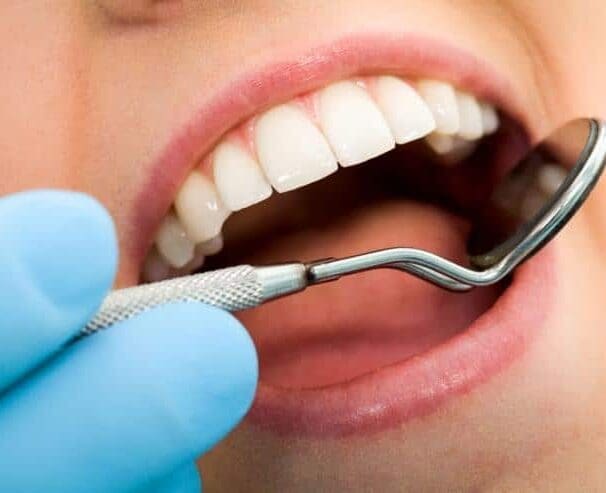HealthProviders DB is a comprehensive database of healthcare providers, including a complete directory of all Oral Medicine Dentists.
Dentist Healthcare Taxonomy Code 125Q00000X
As of today, the following are the total number of Oral Medicine Dentistry practices nationwide, in your State, and near your location.
Select a State below to view the list by State. Additionally, you can narrow the list by city, among other options, from the Filter Panel, which you can open by clicking the vertical ellipses ⋮ in the upper right corner of the app.
Alaska – Alabama – Armed Forces Pacific – Arkansas – American Samoa – Arizona – California – Colorado – Connecticut – District of Columbia – Delaware – Florida – Federated States of Micronesia – Georgia – Guam – Hawaii – Iowa – Idaho – Illinois – Indiana – Kansas – Kentucky – Louisiana – Massachusetts – Maryland – Maine – Marshall Islands – Michigan – Minnesota – Missouri – Northern Mariana Islands – Mississippi – Montana – North Carolina – North Dakota – Nebraska – New Hampshire – New Jersey – New Mexico – Nevada – New York – Ohio – Oklahoma – Oregon – Pennsylvania – Puerto Rico – Palau – Rhode Island – South Carolina – South Dakota – Tennessee – Texas – Utah – Virginia – Virgin Islands – Vermont – Washington – Wisconsin – West Virginia – Wyoming
Medicare
The following are the total number of Oral Medicine Dentists who accept Medicare in your State, the number who have opted out of Medicare, and the total number excluded from participation in Medicare nationwide.
The diagram below shows all the Oral Medicine Dentistry across the country, represented by blue bubbles. The larger the bubble, the greater the concentration of providers in that area. Red bubbles represent Medicare-excluded providers, with the larger bubbles indicating a higher percentage of excluded providers in that region. You can change the bubble size to be based on exclusions from the Size menu.
What do Oral Medicine Dentists do?
Oral Medicine Dentists diagnose and manage medical conditions of the mouth and face, acting as a bridge between medicine and dentistry, especially for complex patients.
They treat a range of conditions, including oral mucosal diseases, temporomandibular joint (TMD) disorders, orofacial pain, and the oral complications of systemic diseases and cancer treatment.
Their care includes diagnostic biopsies, medical imaging, salivary and blood tests, and medical management of conditions with topical and systemic medications.
What they do
Diagnose and Manage Oral Conditions: They are experts in identifying and treating various non-surgical oral diseases, disorders, and conditions that affect the jaw, face, and mouth.
Treat Medically Complex Patients: They provide specialized dental care for patients with complex medical histories, including those with chronic conditions such as lupus or those undergoing cancer treatment.
Manage Orofacial Pain: Oral Medicine Dentists are skilled in managing chronic facial and oral pain, including jaw pain and nerve-related pain.
Diagnose Oral Mucosal Diseases: They treat conditions affecting the lining of the mouth, including autoimmune conditions like oral lichen planus and infections such as oral thrush.
Handle Oral Complications from Systemic Illnesses: They address oral manifestations of systemic diseases (like Crohn’s disease) and complications from cancer therapies (like mucositis).
Diagnostic and Treatment Tools
Biopsies: These procedures involve the removal of tissue or bone specimens for analysis.
Medical Imaging: They order and interpret X-rays, CT scans, and MRIs to aid in diagnosis.
Laboratory Tests: They may order blood tests, salivary tests, and microbiological studies.
Medications: They prescribe and administer topical and systemic medications for various oral conditions.
Specialized Injections: These injections are used for pain relief, anesthesia, or medication delivery.
Collaboration
- Oral Medicine Dentists often work with a team of other specialists, including other dentists, physicians, oncologists, dermatologists, and speech pathologists, to provide comprehensive care.
- They also advise general dentists on treating medically complex patients, according to the American Academy of Oral Medicine.

